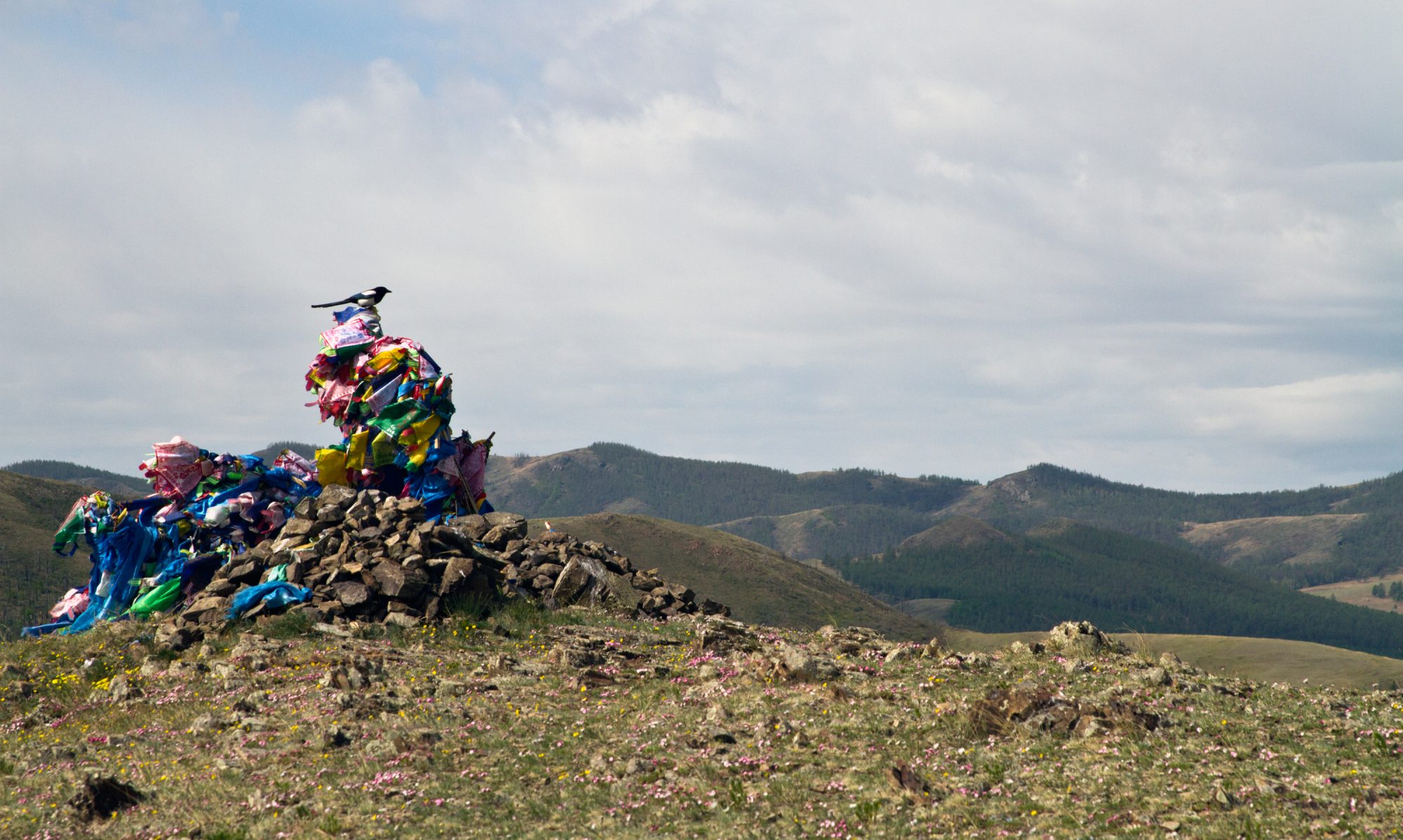A friend of mine surprised me last night. I know him about as well as I know anyone, though I don’t see him that often – he doesn’t see anyone that often. I know his interests, I know how he behaves when he’s upset, I know how he’s most comfortable and I know his own particular way of undermining himself. I am familiar with a range of motions and postures and it’s easy to pose him in my mind to match whatever position in whatever diorama I want to fit him in. But I didn’t expect to see what I saw and it makes me wonder what I have learned about him at all. Learning as a concept has been tying me in knots recently, and I get lost trying to think about what makes up character as well.
We biked up to visit him with a bucket of compost from our apartment, we’ve been helping make mulch for the garden. It started to rain, so we decided to wait out the weather instead of going to the movie we had planned to see, and sat, watching the rain, making fun of his cats, one of whom has a skin condition and no tail, listening to his screeching, irritable bird. And then when he told me about the reading he had been doing, how he had given up on music which had previously taken up all his time, hadn’t played at all for two months, and had been instead reading and researching 9/11, the Rothschilds, the Jesuits, secret plans for a North American Union and world domination put in motion and sustained by a shady cartel of business interests that came closer to their goal year by year, working steadily and single-mindedly since at least 1871, I was surprised and alarmed.
We talked about it, I gave my point of view. It is striking to compare two nearby moments in the flow of our conversation. Just a few minutes before, we had been talking about his wife’s family, he had been painting a vivid picture of her sister and brother, the new used-car business her brother and her sister’s husband had gone in on together, the feeling of their home life. It was sane, reasoned, funny and wise all at once, in the typical way he talks about life, and moving from that subject to how he spent his time while his wife was away with them, we lifted up the cover of that strange world that I didn’t expect.
Now there’s something about learning things like this. The initial surprise fades, in a deliberate way. I reasoned: he’s not crazy. If he believed his cousin or his brother-in-law was behind a large, secret conspiracy, that would be crazy. This isn’t so crazy, it’s just a lapse. The events he is trying to understand are large, and difficult to comprehend, and made more obscure because of the various interests trying to keep lights on one or another aspects, while others are keeping other parts hidden, all motivated differently and with different goals in mind. The failure is that he applies his steady, penetrating focus on certain events, facts and statements and interprets them in themselves, looking for hidden meanings in them, instead of placing them in a wider context where he can bring his accurate sense of people and realities to bear. Then he also doesn’t interact with people or information sources that would challenge the conclusions he has come to, and so they get more and more firmly rooted and then they become foundation for further reasoning.
The key to fixing these thoughts would be to return to him a perspective where the agents who are carrying out these plans are human beings just like the ones he knows, making mistakes sometimes and getting lucky other times, living from moment to moment most of the time just like everyone else, and managing to accomplish only a small fraction of what they plan, and planning in reference largely to themselves, their friends, and their ideals. This move attaches the new knowledge to an existing picture while making the minimum of modification to that picture. It resembles a time in my life when money was tight, and I spent time and energy collecting bottles for return from coworkers, doing online data entry for a penny an item, and otherwise behaving disproportionately. Naturally he understands my incredulity and he has his own explanation for why I don’t accept what he told me.
But in a way that is uninteresting, and even rings a little false. Let me try the following point of view: I don’t want to explain what I have learned and join it to a seamless picture, to turn it into just part of his larger character. There’s something truer in my failure to anticipate this development in him, and that is exactly what the reformed picture leaves out. Isn’t it where the reality comes in, isn’t that the untouchable source of knowledge, isn’t the confusion I experienced something like the dazzle from seeing the truth, and the reasoning following on that, isn’t that like blinking away the afterimage? That’s the thought in the back of my head that is daring me to try it. Learning isn’t learning, is what this point of view wants to say. Learning is the attempt to minimize surprise and discomfort following on a piece of true learning, which is fundamentally not cumulative or additive and can only be repeated confrontations which teach nothing but respect, that ordinary life and maturation require you to cover over.
